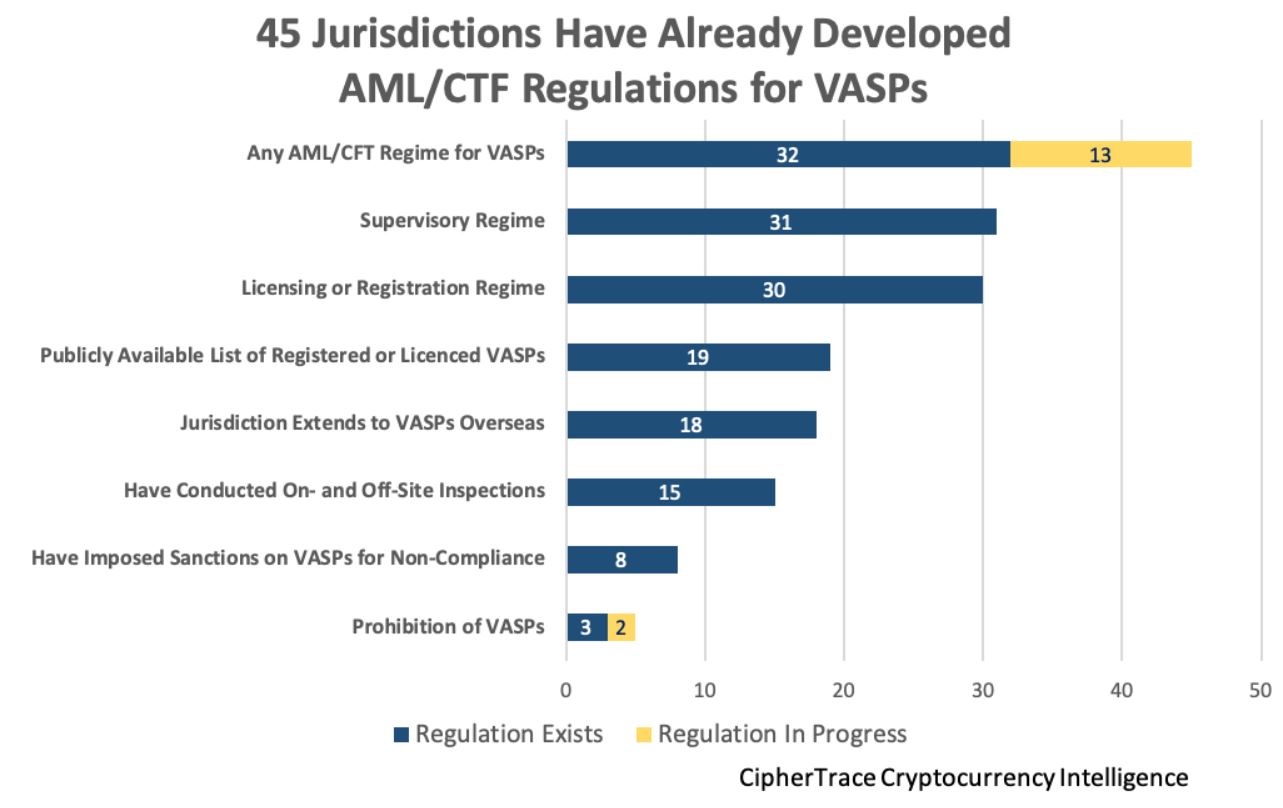FATF’s Travel Rule – At what cost?

With respect to regulatory oversight, the cryptocurrency market has progressed quite a lot over the past few years. The work of the Financial Action Task Force [FATF] is a notable example, with the FATF coming up with the Travel Rule over a year ago. It recently concluded its third meeting to review the progress made regarding the implementation of new AML (anti-money laundering) guidance for digital assets. However, contrary to what institutions might expect, when it comes to implementing the FATF’s travel rule, there may be risks and tradeoffs that need to be made.
During a recent interaction, Caitlin Long, Founder and CEO of Avanti Financial Group, elaborated on the FATF guidelines and the possible trade-offs in terms of privacy for end-users once the KYC process is in full swing. Long claimed that there aren’t advanced enough encryption processes that can aid entities when they collect and transfer user data as part of the AML regulations. She noted that in such a scenario, user privacy is likely to be a huge risk.
“The industry is kind of stuck right now, trying to figure out what is the right encryption method for sharing that data. The whole Travel rule, just as a policy matter makes me nervous because data in motion is less secure than data at rest.”
However, these challenges are not unique to the cryptocurrency market as traditional financial institutions have for a long while had to comply with such regulations. Long highlighted,
“This is not a problem that’s unique to the crypto industry at all. Every KYC process for each bank is different and it’s a frustration, even for the largest, most well known mutual funds – they have the same problem as an individual.”
Source: CipherTrace
Interestingly, a recent CipherTrace report had underlined that with regard to the implementation of AML regulations, 32 jurisdictions had reported having existing AML/CFT regulations for VASP while 13 jurisdictions reported having regulations in development.
The fact that exchanges and users are scattered across the globe means that implementing a standardized regulatory and compliance process across various jurisdictions is likely to be a challenge. Long added that the U.S has an advantage when it comes to indirectly enforcing such regulations owing to its financial dominance, terming it a de-facto power.
“Access to the US banking system is King. Even if the US isn’t in control of FATF and so if the US is going to implement it, then effectively the rest of the world in order to get access to the US financial system has to implement it too.”
As the digital assets space sees more interest from traditional circles, regulations are bound to come into the picture. Long concluded by arguing that such a balance between retail and institutional interest can help crypto mature, adding that crypto as an asset class is something that institutional investors should be looking into.


